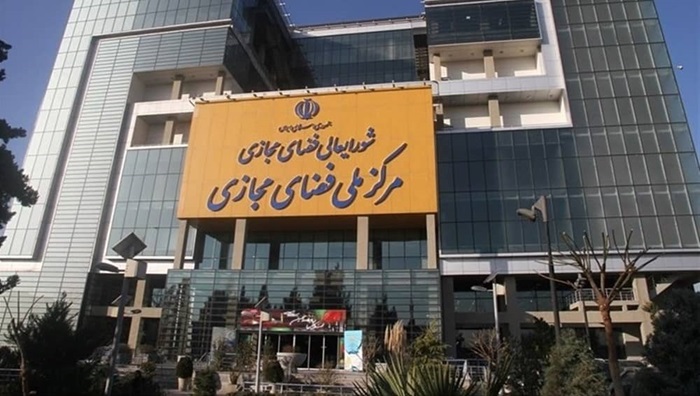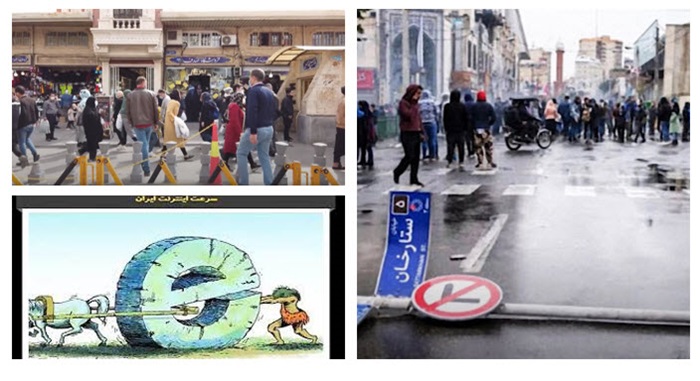

This announcement, made by state media on February 20, follows a decree issued by the Supreme Council of Cyberspace (SCC) and confirmed by Supreme Leader Ali Khamenei on January 9th. The SCC, established in 2011 by Khamenei’s mandate, was intended to tighten the regime’s control over internet access and restrict the flow of free information within the country.
Ali Bahadori Jahromi, a government spokesperson, attempted to downplay the significance of this ban during a state TV appearance on February 25. Jahromi avoided direct reference to the SCC, instead mentioning a “supra-governmental council” responsible for the new legislation.
He portrayed the ban as targeting “governmental and state apparatuses” and labeled it a “mistake made at an inappropriate time.” Jahromi’s justification for the ban centered on cybersecurity concerns, though his remarks have been criticized as confusing and contradictory, given the government’s own involvement in enforcing internet filtering.

This approach is seen as part of a larger strategy to fabricate a sense of freedom through propaganda. The new SCC resolution explicitly prohibits the general use of VPNs, a decision that has been met with derision even among regime insiders. Legal expert on cyberspace, Mohammad Jafar Nanaakar, criticized the resolution for its lack of enforceability, pointing out the authors’ misunderstanding of legal principles and the effectiveness of bans.
The rationale behind the VPN ban is multifaceted, with officials citing the promotion of domestic products and the combat against “soft warfare” by foreign enemies as key reasons. However, critics argue that the ban is another means for the regime to exploit its citizens, as many VPN-developing companies are state-owned or affiliated, profiting significantly from the previously tolerated VPN usage.
The prohibition presents numerous challenges, including further restricting access to information and hindering the prosperity of online businesses. With many websites and social networks already filtered, Iranians have relied on VPNs to circumvent censorship.

Moreover, the ban could exacerbate public discontent, as many view VPNs as essential tools for overcoming government censorship. The regime’s fear of losing control over its censorship mechanisms is evident, as any misconduct by the government quickly spreads through social networks, challenging the regime’s narrative and exposing its actions to global scrutiny.
The decision to criminalize VPN usage may render the majority of Iranians “criminals,” subject to fines. As the country navigates the aftermath of the March 1 elections, the world watches closely, questioning whether the regime will seek new pretexts to justify its continued censorship efforts and suppress dissent.

MEK Iran (follow us on Twitter and Facebook), Maryam Rajavi’s on her site, Twitter & Facebook, NCRI (Twitter & Facebook), and People’s Mojahedin Organization of Iran – MEK IRAN – YouTu







